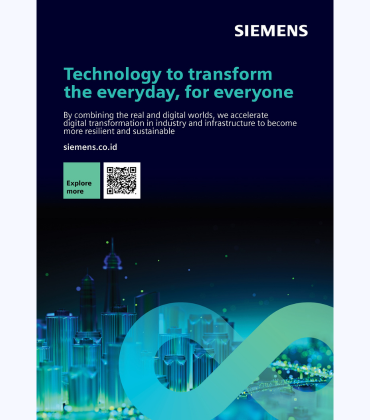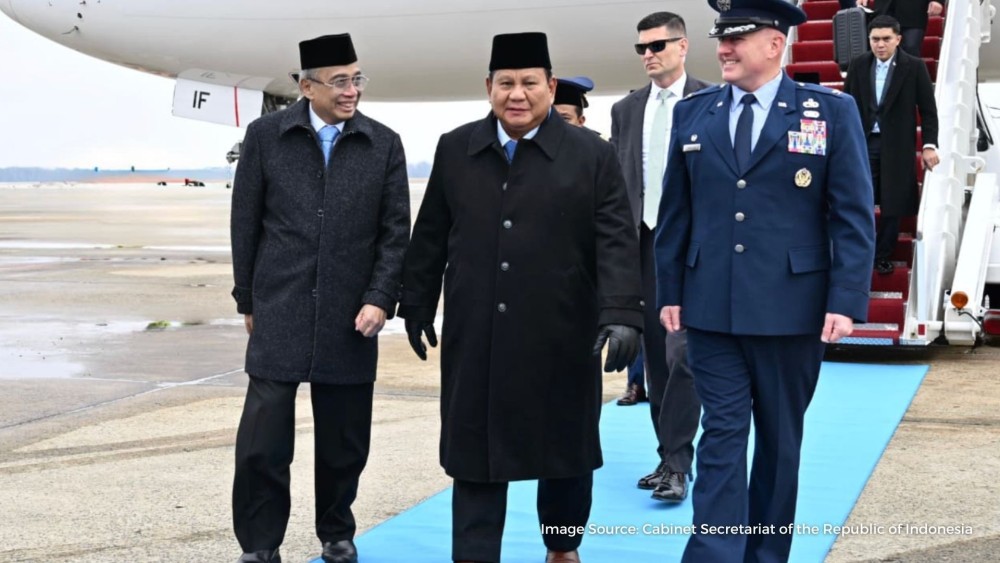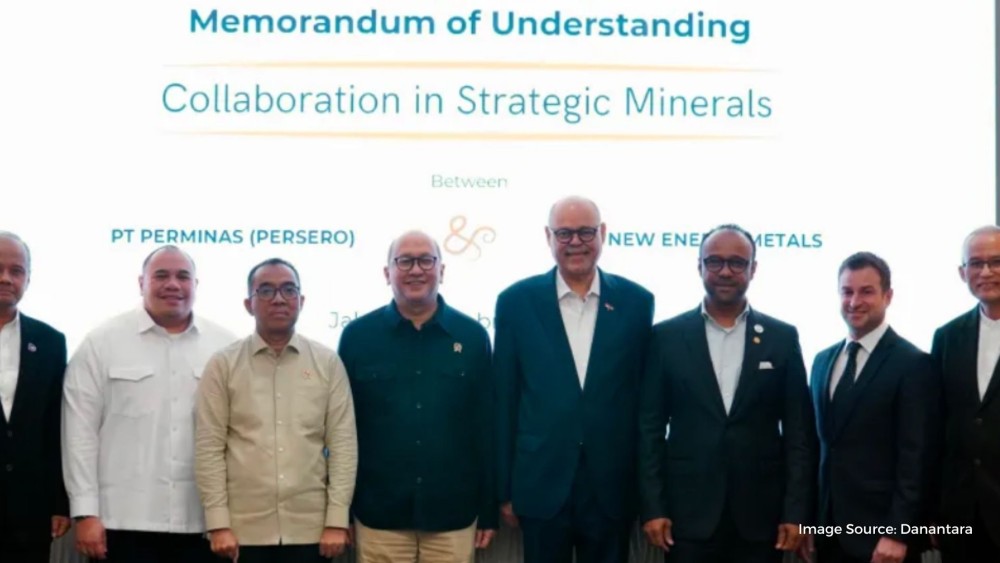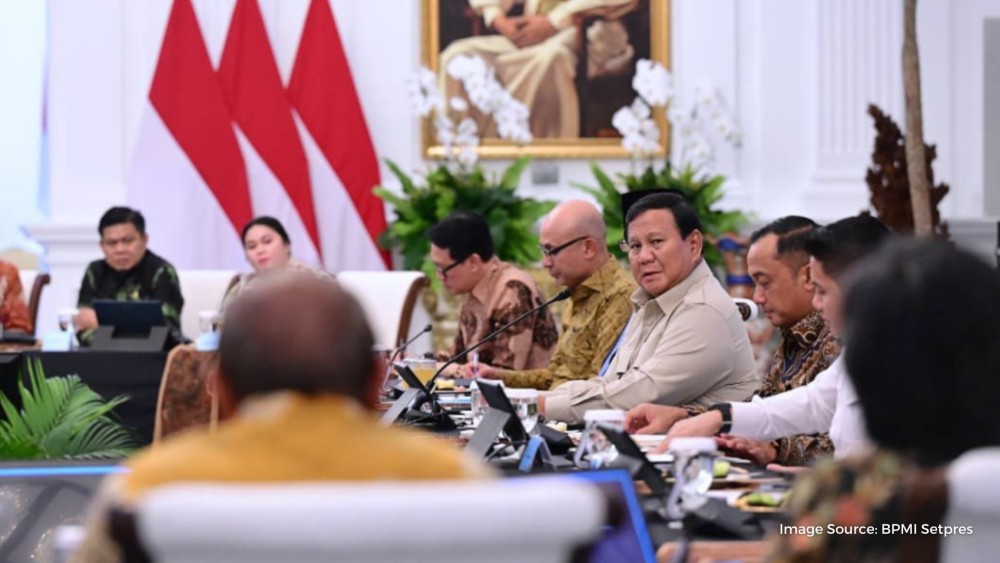Indonesia’s PMI remains resilient amid regional expansion
04 Jun 2024

Indonesia's manufacturing sector continues to show resilience, maintaining its Purchasing Managers' Index (PMI) in expansion territory for the 33rd consecutive month.
The Ministry of Industry reported a PMI of 52.1 in May 2024, although this figure represents a slight decline from April's 52.9. Despite this decrease, Indonesia's PMI remains robust compared to other major economies, outperforming the United States and China, which recorded PMIs of 50.9 and 51.7, respectively.
Febri Hendri Antoni Arif, a spokesperson for the Ministry of Industry, acknowledged the consistent performance of the national industry players.
He attributed the slight dip in PMI to reduced production activity caused by a decrease in foreign orders and concerns about future domestic orders. Arif also pointed to regulatory issues, particularly the implementation of the Minister of Trade's Regulation Number 8 of 2024, as factors contributing to the contraction.
Paul Smith, Economics Director at S&P Global Market Intelligence, highlighted the solid performance of Indonesia's manufacturing sector, noting concurrent gains in output and new orders.
However, Smith also mentioned "signs of some darkening clouds on the horizon," such as the lowest confidence level in over four years and increased cost pressures. These pressures stem from input cost inflation and rupiah depreciation, which have led firms to adopt a cautious approach to workforce management.
Indonesia's situation mirrors broader trends in Asia, where manufacturing activity has generally been on the rise. In May, Japan's manufacturing sector expanded for the first time in a year, and South Korea's manufacturing grew at the fastest pace in two years.
These improvements are partly due to recoveries in the automobile and semiconductor sectors. Taiwan, Vietnam, and the Philippines also reported expanding manufacturing activity.
Joe Hayes, Principal Economist at S&P Global Market Intelligence, remarked on South Korea's manufacturing resurgence, noting that new product launches are providing a platform for sustainable production expansion.
Meanwhile, China's private Caixin survey indicated a rise in factory activity at the fastest pace in about two years, driven by strong production and new orders. However, official data from China suggested caution, with some analysts noting that demand within China isn't improving as quickly as production, highlighting uncertainty in sustaining the current growth.
Globally, manufacturing activity presented mixed signals. The euro zone showed signs of recovery, with the HCOB's final manufacturing PMI rising to 47.3 in May from 45.7 in April, suggesting a bottoming out of the sector's downturn.
Carsten Brzeski, Global Head of Macroeconomics at ING, pointed out the positive confirmation of a cycle bottoming, indicating a potential slight acceleration of growth. On the other hand, the U.S. saw its factory activity slow for the second straight month, with new goods orders dropping significantly.
















